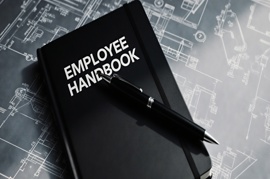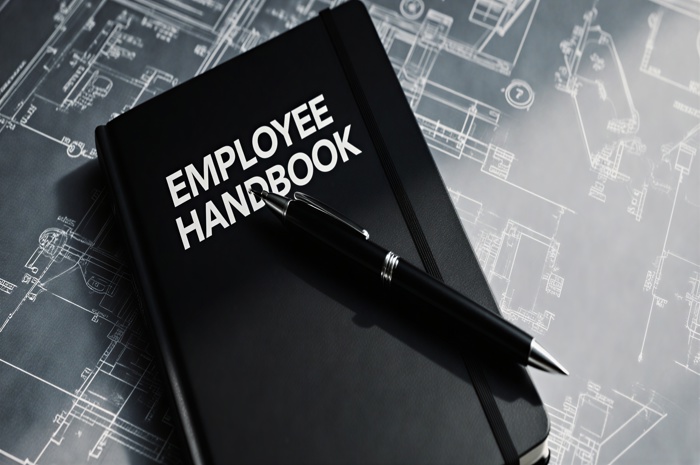Before we get into Shareholders’ Agreements, it’s worth looking at the Articles of Association - the official rulebook every company starts with.
Under the Companies Act 2006, all companies incorporated in the UK are legally required to have Articles of Association. This important governing document sets out the written rules on how the company should operate. It outlines the rights, duties, and responsibilities of directors, shareholders/guarantors, company secretaries, and is publicly available. This document can be seen on the Company's Company House page.
What is a Shareholders’ Agreement?
Shareholders’ Agreements can remain private and exists amongst the shareholders of the company. It is a legally binding agreement among all or some of the shareholders that essentially govern how the company is run.
So, what does the agreement cover?
- It outlines shareholders’ rights and obligations. Some of these might include dividend policies, sale of shares, voting rights, limited liability, information rights (access to specific company information), capital rights and etc.
- Offers protection for minority shareholders, majority shareholders and the business as a whole. Generally, the idea is to protect the shareholders.
- Controls the sale or transfer of shares in the company- without any provisions in the SHA or in the articles of association, allowing shares to be freely transferable.
- Determines the procedure for how critical company decisions are made
- Describes how shareholders will operate the company
Do you need a Shareholders’ Agreement?
Although a SHA is not legally required for companies in the UK, having one in place can be highly beneficial. It helps prevent costly disputes among shareholders and provides clarity in handling various scenarios or uncertainties that the business may face in the absence of an SHA.
Essentially, it acts as a safeguard and protects shareholders from anything that can potentially go wrong by providing structure, clarity around decision-making, predictability in operations, and legal recourse in the event of disputes or unexpected changes.
Duties and position of directors
Directors are legally responsible for the management of the company. The 7 duties that each director must perform under the Companies Act 2006 include:
Following the company’s constitution and its articles of association. These are written rules around the company’s governance.
Promoting the success of the company. Directors must have act in such a way that the company’s best interests are considered. But, how can this be achieved?
- Interest of the company employees should be considered
- Supporting consumer relationships and supplier relationships.
- Acting fairly to all members of the company
- Consequences of any decisions are regarded both in the short term and long term
- Impact of operations on the environment and the community
- Upholding a reputation for high standards of business conduct
Use of independent judgement. As a director, you need to exercise your own independent judgement and make your own informed decision. Whilst you might accept and consider advice, your decisions should ultimately reflect your own decision and not be influenced by others.
Exercise reasonable care, skill and diligence. You are expected to use relevant knowledge, skill and experience that would be reasonably be expected of anyone carrying out the same functions as you or the knowledge, skills and experience that you currently hold.
Duty to avoid conflicts of interest. Any possible conflicts of interest must be addressed to other directors or members and follow the written rules outlined in the company’s articles of association.
Not accepting benefits from third parties. It may give cause a conflict of interest.
The obligation to disclose any interest in a transaction to the directors and members. This is especially if you directly or indirectly benefit from a transaction entered into by the company.
Are Directors Bound by the SHA?
Directors are not the same as the shareholders, but both roles can be held by the same person. Only shareholders are legally bound by the Shareholder’s Agreement - unless the director is also a party to the agreements, in which case they are bound in that capacity.
Conflicts between Shareholders’ Agreements and directors’ duties
Conflicts can arise when the terms of a Shareholders’ Agreement (SHA) appear to contradict a director’s statutory duties to the company. While shareholders may agree to certain actions or restrictions in an SHA, such as requiring shareholder approval for key decisions - a director must still act in the best interests of the company as a whole, not just the shareholders who appointed them.
For example, a director may be nominated by a shareholder under the SHA, but they cannot simply follow that shareholder’s instructions if doing so would breach their statutory duties. In such situations, directors must prioritise their legal obligations to the company, even if this means acting contrary to the terms of the SHA.
Enforceability and consequences of breach of SHA
A breach is when the shareholder takes an action that fails to comply with the terms of the Shareholder’s Agreement. Examples of this breach can include: making business decision without the required shareholders, share transfer violation such as transfer of shares without shareholder approval or selling shares without offering to existing shareholder first, revealing confidential company information without permission and paying
dividends without adhering to the conditions set for profit distribution.
Consequences and remedies
It might sound obvious, but a breach can disrupt the business, especially if it causes a financial loss. You’ll also have to deal with the aftermath of the lack of trust amongst the shareholders and strained business relationships. Depending on the nature of the breach, legal consequences may follow, including claims for damages, forced share transfers, suspending voting rights or even removal from the board. Disputes can be time-consuming, costly, and damaging to the company’s reputation.
In short, while Shareholders’ Agreements are powerful tools for managing shareholder relationships, they don’t override a director’s statutory responsibilities under the Companies Act 2006. Directors should always be mindful of which role they’re acting in and when in doubt, their duty to the company comes first.
This article is information only and has been prepared for general guidance on matters of interest only, and does not constitute legal, accounting, tax, investment or other professional advice or services. You should not act upon the information contained in this article without obtaining specific professional or legal advice. No representation or warranty (express or implied) is given as to the accuracy or completeness of the information contained in this article, and, to the extent permitted by law, Comdal Limited, its members, employees and agents do not accept or assume any liability, responsibility or duty of care for any consequences of you or anyone else acting, or refraining to act, in reliance on the information contained in this publication or for any decision based on it.





















